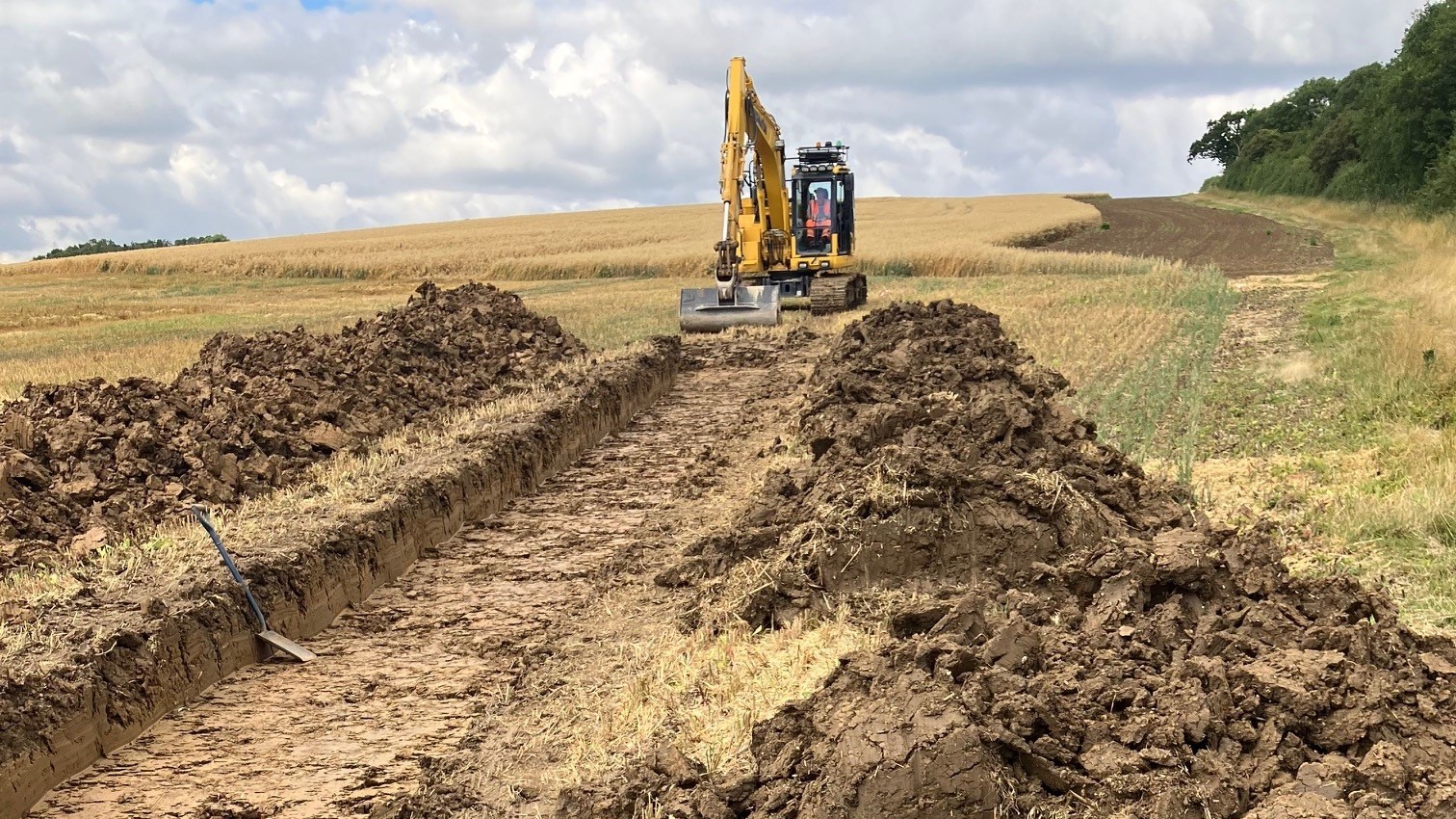Essex & Suffolk Water is preparing to start work on constructing a new 19.5km raw water pipeline that will add resilience to customers’ supplies across Essex and protect the environment.
The £20m investment will connect the company’s water treatment works (WTWs) in Layer-de-la-Haye and Langford, to allow it to more effectively and efficiently serve customers in both areas.
The new pipeline will help to ensure that raw water can be more easily moved between the company’s raw water reservoirs to be treated and distributed across the areas, helping to protect supplies and the environment.
While pipelaying will start in earnest in February 2024 and is expected to continue into late 2024, the project requires advanced work to ensure the pipe installation can happen smoothly. This includes archaeological work, ecological mitigations, hedgerow removals and material deliveries.
The new pipeline will be able to move around 50 million litres of water a day, supporting supplies to 370,000 people.
Essex & Suffolk Water’s project team is working to minimise any disruption along the route of the pipeline. Earlier this year, the team moved early to lay the first 63 metre stretch of pipes between Ulting and Maldon, liaising with local developers to co-ordinate work and remove the need to return and dig up a new road surface that is being laid in the near future.
Project Manager Daniel Wilson said:
“It’s exciting that we are now close to beginning the construction phase of this project, which will add much-needed resilience to customers’ water supplies across our Essex operating areas.
“For many months, we have been working closely with landowners, Essex County Council, Maldon District Council and Colchester City Council, as well as talking to parish councils along the route, in the build-up to the start of work.
“Our team are using the experience gained from previous successful pipeline projects we have completed in the Chelmsford and Abberton areas to deliver this investment with the best possible results for customers, communities and the environment. We hope this preparatory work will help ensure a successful delivery phase in 2024.”



